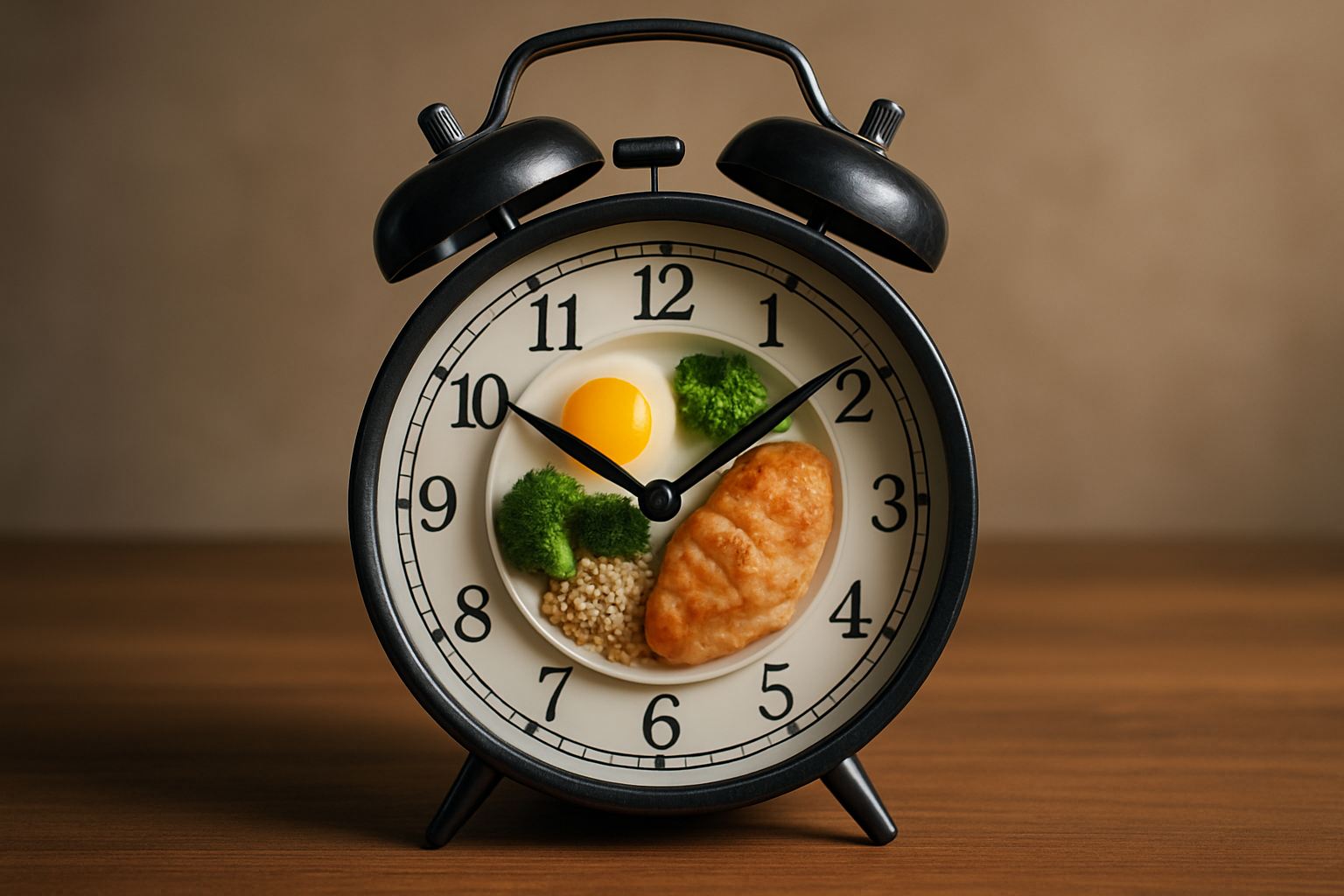Chronobiology: Aligning Your Life with Your Inner Clock
Did you know that your body has an internal timekeeper orchestrating almost every biological process? This fascinating field, known as chronobiology, is revolutionizing our understanding of health and well-being. How can syncing your daily routines with your body's natural rhythms transform your life? Let's explore the cutting-edge science of chronobiology and its potential to optimize your health, productivity, and overall quality of life.

The discovery of circadian rhythms dates back to the 18th century when the astronomer Jean-Jacques d’Ortous de Mairan observed that mimosa plants continued to open and close their leaves at regular intervals, even when kept in constant darkness. This groundbreaking observation laid the foundation for chronobiology, a field that has since expanded to encompass the study of biological rhythms in all living organisms.
The Science Behind Your Internal Clock
Recent advancements in chronobiology have revealed the intricate molecular mechanisms driving our circadian rhythms. At the cellular level, a group of genes known as clock genes work in a feedback loop, regulating their own expression and that of other genes. This process creates oscillations in gene activity, protein production, and cellular functions that align with the 24-hour day-night cycle.
The Nobel Prize in Physiology or Medicine was awarded in 2017 to researchers Jeffrey C. Hall, Michael Rosbash, and Michael W. Young for their discoveries of the molecular mechanisms controlling circadian rhythms. Their work has opened up new avenues for understanding how disruptions in these rhythms can lead to various health issues, including metabolic disorders, cardiovascular diseases, and mental health conditions.
Chronotypes: Understanding Your Personal Rhythm
One of the most exciting aspects of chronobiology is the concept of chronotypes – individual differences in circadian rhythms that influence our optimal times for sleep, productivity, and various activities. While the traditional classification of morning larks and night owls is well-known, recent research suggests that chronotypes exist on a spectrum and can be influenced by factors such as age, genetics, and environmental cues.
Dr. Michael Breus, a clinical psychologist and sleep specialist, has proposed a more nuanced classification of four chronotypes: Lions (early risers), Bears (those who follow the solar cycle), Wolves (night owls), and Dolphins (light sleepers with irregular sleep patterns). Understanding your chronotype can help you optimize your daily schedule, improving your productivity, energy levels, and overall well-being.
Chronomedicine: Timing Matters in Health Care
The field of chronomedicine is emerging as a groundbreaking approach to healthcare, recognizing that the timing of medical interventions can significantly impact their efficacy. Research has shown that the body’s response to medications, surgical procedures, and even cancer treatments can vary depending on the time of day they are administered.
For instance, studies have found that taking blood pressure medication at night, rather than in the morning, can be more effective in controlling hypertension and reducing the risk of cardiovascular events. Similarly, the timing of chemotherapy treatments can influence their effectiveness and side effects, with some cancer cells being more vulnerable to treatment at specific times of the day.
Practical Applications of Chronobiology in Daily Life
Understanding and applying the principles of chronobiology can lead to significant improvements in various aspects of daily life. Here are some practical ways to align your activities with your body’s natural rhythms:
• Optimize your sleep schedule by maintaining consistent sleep and wake times that align with your chronotype
• Plan your meals according to your body’s metabolic rhythms, with larger meals earlier in the day when metabolism is most active
• Schedule high-cognitive tasks during your peak alertness hours, which vary depending on your chronotype
• Adjust your exercise routine to coincide with times when your body temperature is higher, typically in the late afternoon or early evening
• Consider the timing of your light exposure, using bright light in the morning to help regulate your circadian rhythm
Chronobiology: Fascinating Facts and Insights
• Did you know that your genes oscillate? About 40% of your genes show circadian rhythms in their expression
• The human body temperature fluctuates by about 1°C throughout the day, peaking in the late afternoon
• Jet lag occurs when our internal clock is misaligned with the external environment, typically taking one day per time zone crossed to fully adjust
• Plants also have circadian rhythms, with some species timing the release of their pollen to coincide with insect activity
• The circadian rhythm influences athletic performance, with many world records being set in the late afternoon or early evening
As we continue to unravel the mysteries of our internal clocks, the potential for improving health, productivity, and quality of life through chronobiology is immense. By aligning our daily routines with our natural biological rhythms, we can unlock a new level of well-being and vitality. The future of health and wellness lies not just in what we do, but when we do it – a testament to the profound impact of time on our biology.






